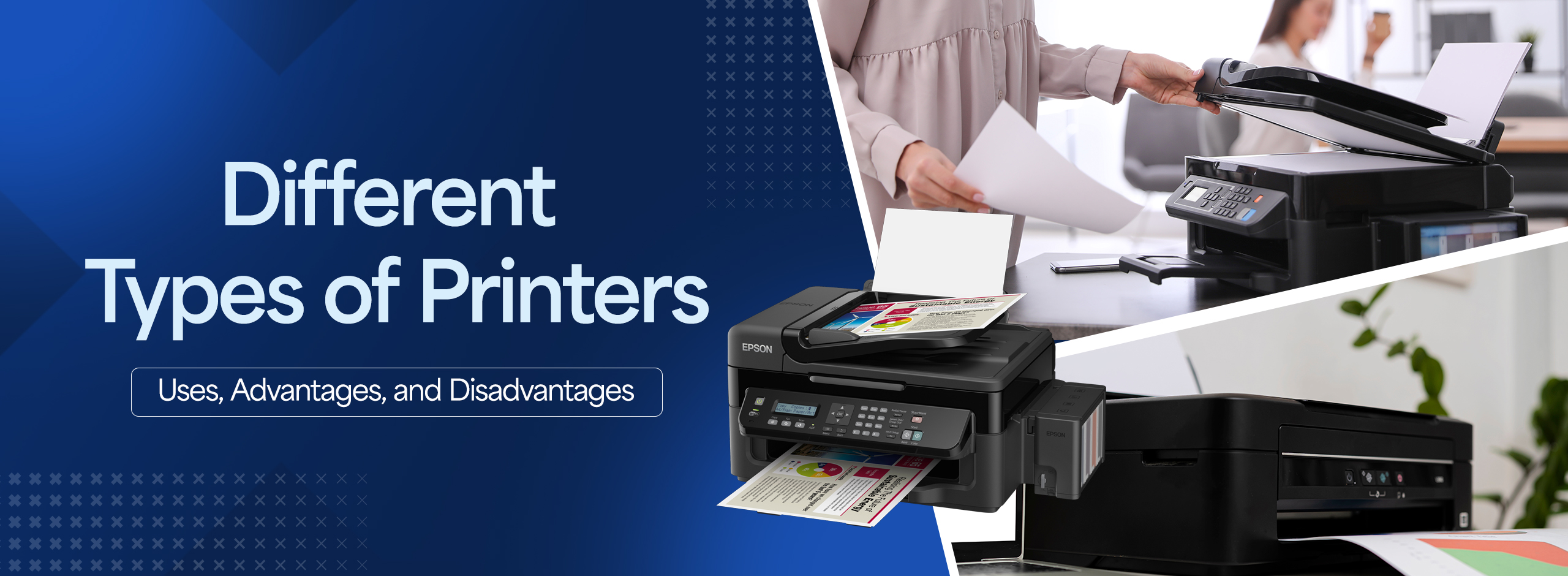Choosing the right television can be challenging with the rapid advancement of new technologies. Entertainment plays a significant role in our lives, and understanding the differences between OLED vs QLED can help you make an informed decision. Whether you are a tech enthusiast or a casual viewer, this guide will provide you with essential information about these cutting-edge TV technologies, helping you select the best option for your needs.
OLED Vs QLED – What’s the Difference?
Before diving into the specifics, let’s grasp the basics of OLED and QLED technology!
OLED: The Power of Self-Lit Pixels
OLED stands for Organic Light Emitting Diodes which is a new generation of flat panel displays that uses organic molecules to create the light emitted from the displays. We would like to emphasise that OLED TVs do not have a backlight like in the case of typical LED TVs.
Each pixel in an OLED TV generates its own light, allowing for true blacks and an infinite contrast ratio between black and white, along with vibrant shades of colour. This self-illuminating pixel structure delivers peak image resolution and stunning picture quality, making OLED TVs highly popular among enthusiasts of classic and modern movies, sports events, gaming, and anyone who demands top-notch quality.
QLED: A New Departure in Display Technology
As for the QLED or Quantum Dot LED, is the proprietary technology of Samsung Company for its electronic displays. QLED stands for Quantum Dot LED TVs and it is a new development in latest television technology where quantum dots contribute a lot of difference to the brightness and natural colour reproduction.
Quantum dots are used in QLED TVs processes allow for higher brightness than OLED, which is appropriate for bright rooms. Moreover, QLED technology is noticeable in the superior HDR efficiency and better angles of view, everything that different viewers can appreciate.
Also Read: Google TV vs Android TV: What’s the difference?
Top 4 Key Differences: OLED vs QLED
Now that we have a basic understanding let’s understand the differences between OLED and QLED.
1. Picture Quality
- OLED: Unmatched black levels and infinite contrast ratios result in superior picture quality with true-to-life colours and deep blacks.
- QLED: While QLED offers excellent brightness and colour accuracy, it may not match OLED’s contrast levels due to the reliance on backlighting.
2. Brightness and HDR Performance
- OLED: An OLED TV offers amazing picture quality, it may not cut as bright as QLED while doing HDR in extremely bright surroundings.
- QLED: QLED TVs can achieve greater maximum brightness than traditional LED-backlit displays due to quantum dot technology, which improves HDR capability and reduces glare in environments with plenty of light.
3. Viewing Angles of OLED vs QLED
- OLED: LED TVs distinguish themselves through offering high quality from any angle of inclination, promising an entertaining view irrespective of one’s position.
- QLED: Although QLED TVs have a better angle viewing compared to LED TVs, they are not as consistent as OLED at providing quality and detail from various angles.
4. Burn-in Risk
- OLED: Despite its effectiveness, OLED technology has a drawback in that it has the potential for burn-in caused by static images on the display.
- QLED: Counterpoints include the freedom from burn-in, making QLED TVs safe from image retention, especially for users with static content.
While there is no ‘one size fits all’ approach when it comes to buying a TV, however, there are certain features that distinguish a good TV from a bad one.
OLEDs are generally brighter, but QLEDs may suit your living room better if you watch TV regularly. While OLED offers key benefits in terms of picture and movie experience, QLEDs have their advantages as well. OLED provides superior contrast, true blacks, and vibrant colours, making it ideal for a cinematic experience. On the other hand, if you plan on placing a TV in a well-lit area or using it primarily for gaming, QLED may be more suitable due to its higher brightness levels and resistance to burn-in. In summary, OLED excels in picture quality, while QLED is better for brightly lit rooms and intensive use.
Also Read: How to test the performance of a used TV before purchase
Improve Your Viewing Experience – OLED and QLED
OLED and QLED are two advanced television technologies that are currently trending and gaining popularity for their unique performance and functionality. Both technologies offer exceptional viewing experiences, catering to different preferences and environments. Whether you’re a movie enthusiast, a sports fan, or a gamer, understanding the distinct advantages of OLED and QLED can help you choose the right TV to enhance your entertainment.
Concluding Remarks on OLED vs QLED
Whether it is OLED’s deep, deep blacks that mesmerise you or QLED’s bright, artificial colours you are intrigued by, one thing is for sure – improving your latest television technology can dramatically change your day. Check out a range of OLED and QLED TVs available on OLX and start a voyage toward dramatically enhanced vividness of your entertainment.
Frequently Asked Questions
Which is better, OLED vs QLED?
It depends on your preferences and viewing environment. OLED excels in picture quality and viewing angles, while QLED offers superior brightness and HDR performance.
Are OLED TVs more expensive than QLED TVs?
Generally, OLED TVs tend to be more expensive than QLED TVs due to the manufacturing costs associated with OLED technology.
Do OLED TVs suffer from burn-in issues?
Yes, OLED TVs are susceptible to burn-in, especially if you frequently display static images for extended periods.
Are there any truly blind spots in OLED TVs?
QLED TVs are also quite brighter than OLED TVs and can deliver high contrast, although they cannot be as dark as OLED TVs because they rely on the backlight.
Do QLED TVs have better durability than OLED TVs?
Yes, QLED TVs typically have better durability and a longer lifespan compared to OLED TVs because they are less prone to burn-in and image retention issues.




















